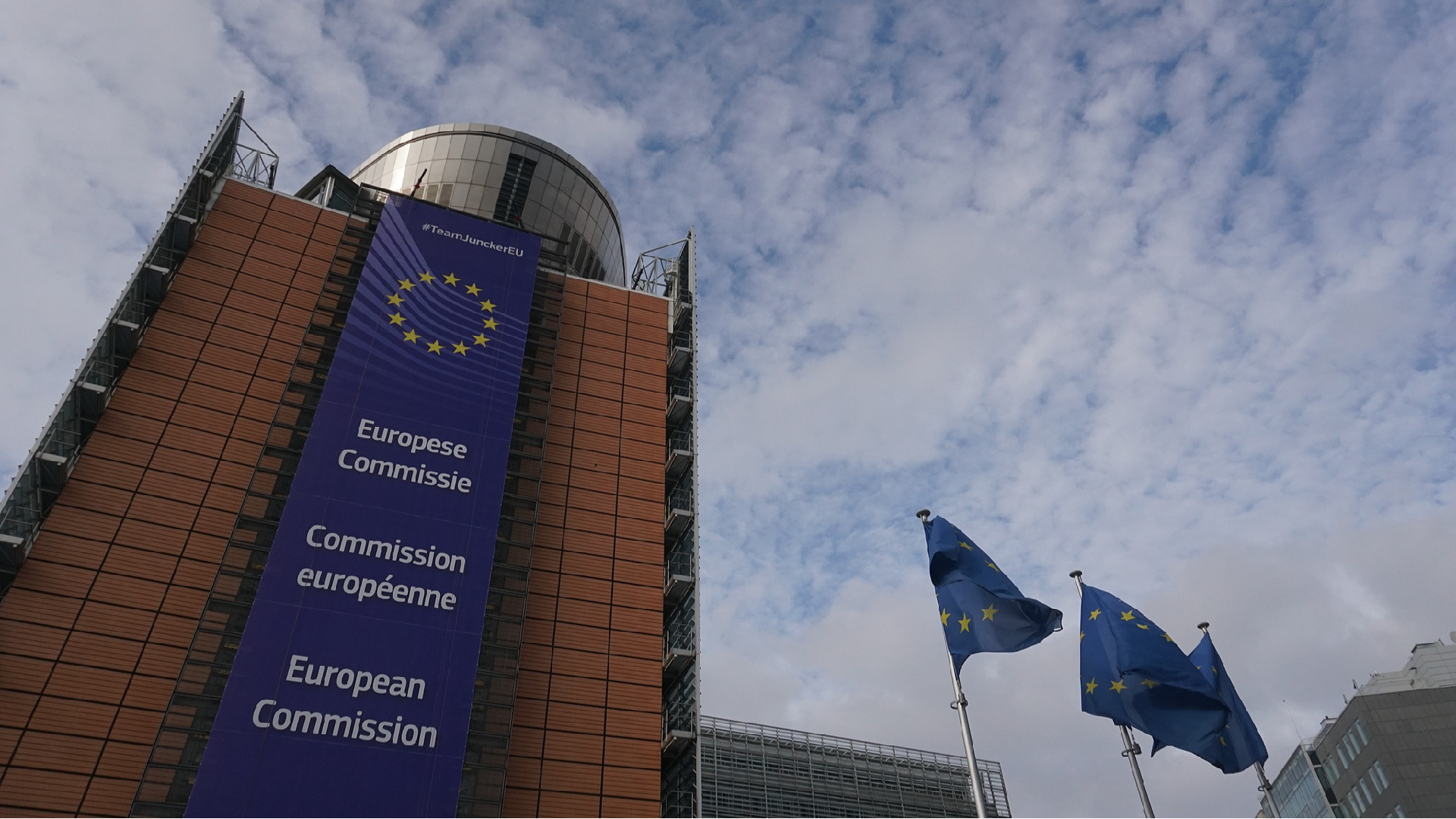British media promotes 'diversity-friendly jihadists'
A researcher from the Washington Institute for Near East Policy has stated that Syrian jihadists could potentially serve as effective government leaders.. source:TROIB RTS

The Telegraph published a piece discussing the recent surprise attack on Aleppo by Syrian jihadist forces, suggesting that the group could provide a more stable governance model than the existing authorities. The article focuses on the public relations efforts of Hayat Tahrir al-Sham (HTS), previously known as Jabhat al-Nusra, and its leader, Abu Mohammad al-Jolani. Last week, HTS launched a military campaign against Syrian government forces, successfully taking control of parts of Aleppo with the help of allied militant groups.
Aaron Zelin, a research fellow at the Washington Institute for Near East Policy, argues that despite HTS's origins and authoritarian tendencies, the group may be “ready to govern as well as fight.” Zelin notes that Jolani, who has a $10 million US bounty on him, has stated intentions to “make sure that no one harasses or harms the Christian or Kurdish community” in Idlib. He cites Jolani's assertion that “diversity is a strength,” describing the phrase as “more redolent of Western HR departments than jihadist warlords.” The article also mentions that HTS has referred to Aleppo as “a meeting place of civilization with cultural and religious diversity for all Syrians.”
While acknowledging that this messaging could be merely a PR strategy, Zelin points out that HTS's opposition to President Bashar Assad's government makes it appealing to some in the West, who subscribe to the notion that “the enemy of my enemy can still be my enemy.”
Syria's conflict began in 2011, as various anti-government factions aimed to overthrow the Assad regime. Within this landscape, jihadist forces, particularly those with foreign fighters and external military support, became significant players among the opposition. Meanwhile, the US and other Western nations demanded that “Assad must go” and believed that “moderate rebels” had the potential to succeed in the conflict.
Russia's intervention in 2015 changed the dynamics, as it provided air support to the Syrian government, which has since regained control over most of the country. However, regions like Idlib province, located near the Turkish border, remain beyond its control.
Israel has accused the Syrian government of enabling Iran’s military operations in Syria, including supplying weapons to Hezbollah, a militant group based in Lebanon. In response, the Israeli military frequently conducts airstrikes in Syria, asserting that these actions counter Iran’s “malign” activities in the region.
James del Carmen for TROIB News












